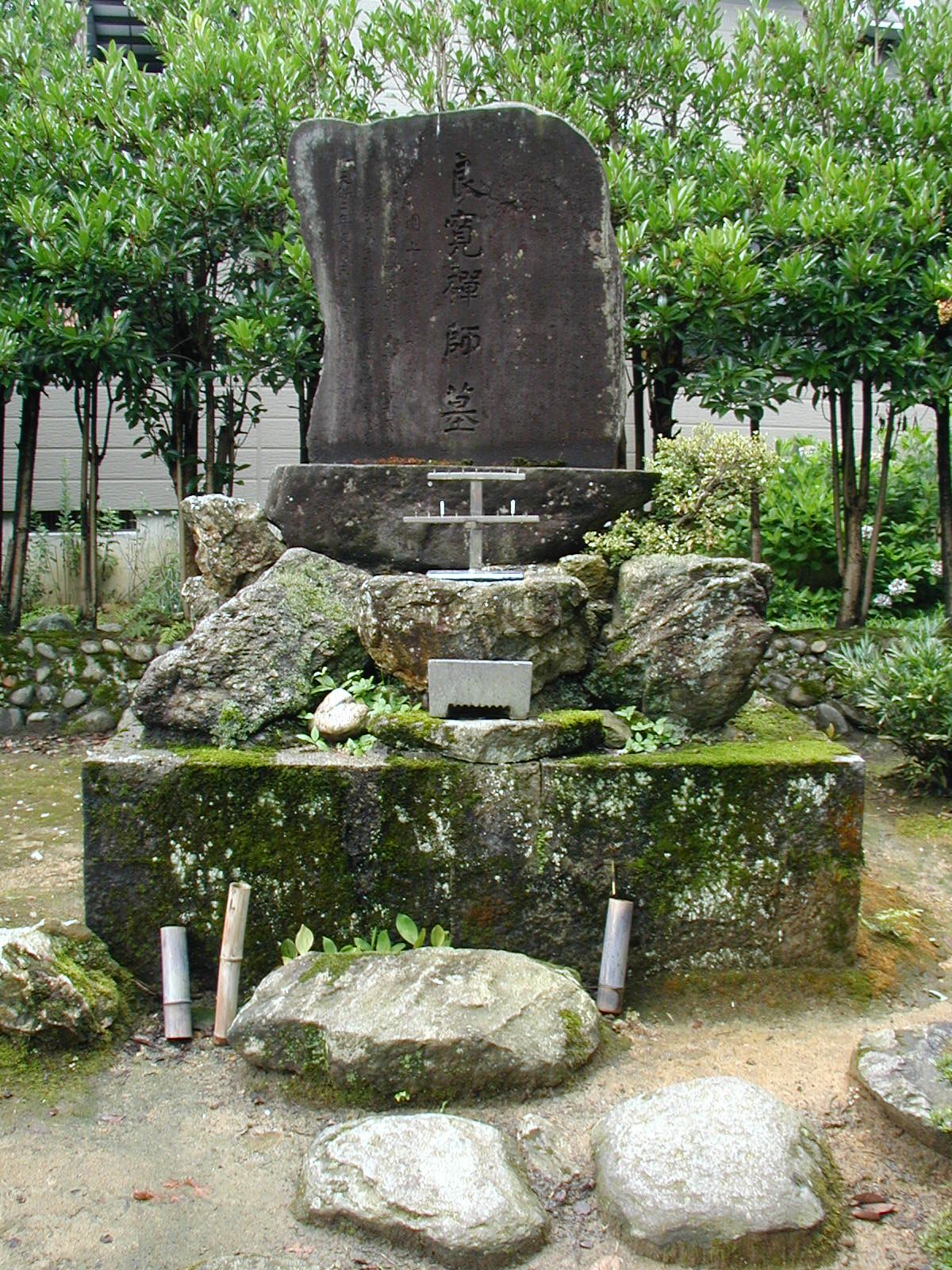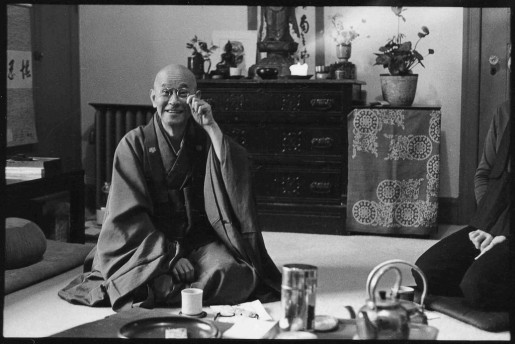
As a boy I studied
literature, but was too lazy to
become a Confucian; in my younger days
I worked at Zen, but got no Dharma worth handing
down. Now I’ve built a grass hut, act as
custodian of a Shinto shrine,
half a shrine, half
a monk.

As a boy I studied
literature, but was too lazy to
become a Confucian; in my younger days
I worked at Zen, but got no Dharma worth handing
down. Now I’ve built a grass hut, act as
custodian of a Shinto shrine,
half a shrine, half
a monk.

One day while
editing a transcription of
Suzuki Roshi’s first lecture on the Sandokai,
I came upon the phrase “things as it is.” I asked him
if perhaps he had not meant to say “things
as they are,” which I thought to be
proper syntax.
“No,” he said,
“what I meant is ‘things
as it is.'”
To Shine One Corner of the World

On
the road to
realization you will
will often be thought crazy.
At times you may actually be
crazy. Both phenomena are
best endured with
stillness and
humor.
You
can now buy
Wei wu Wei Ching as part of a
five-app bundle of Taoist classics
for iPhone or iPad for less than
the cost of one hardcover
book.


Even if, bright as
a flash of lightning, death
were to strike you today, be prepared
to die without sorrow or regret, giving up
attachment to what you are leaving behind.
Without ever ceasing to recognize
the authentic view of the real,
leave this life like the eagle
that soars into the
blue sky.

studying texts and stiff meditation
Some people,
not knowing the essential emptiness
of good and evil, think practical cultivation of mind
means to sit rigidly immobile, subduing mind
and body, like a rock placed on
top of grass.
This is ludicrous.
That is why it is said that followers
cut off confusion in every state of mind,
yet the mind that does the cutting
off is a brigand.
…People who practice
the Way should not seek externally.
The essence of mind has no defilement; it is originally
complete and perfect of itself. Just detach from
illusory objects, and it is enlightened
to suchness as is.